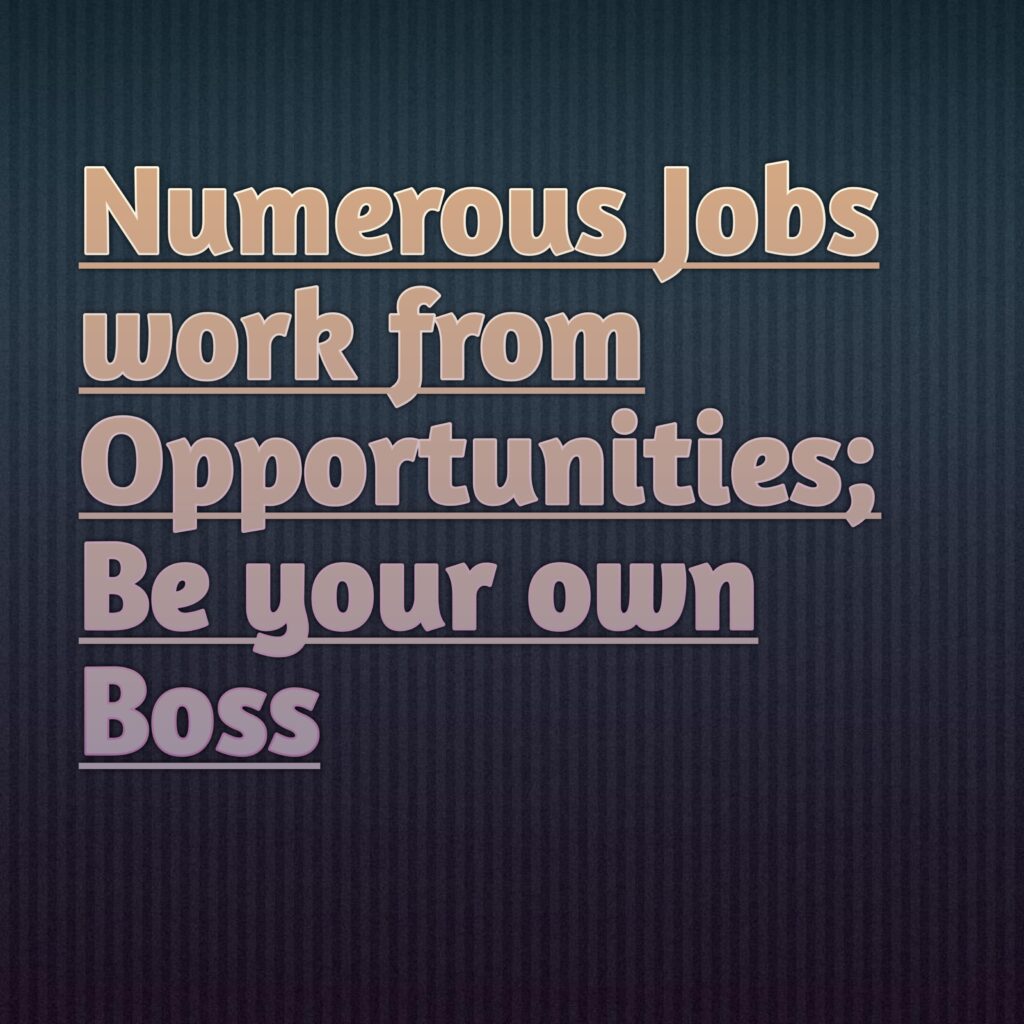
Table of Contents
In today’s career world, possessing marketable skills is essential for career success and advancement. As industries evolve and job roles undergo transformation, individuals must proactively develop and refine their skill sets to remain competitive and adaptable. Whether you’re a recent graduate entering the workforce or a seasoned professional looking to pivot into a new field, having a blueprint for skill development is crucial.
In this article, we’ll explore strategies for identifying marketable skills, acquiring them effectively, and leveraging them to achieve your career goals.
Understanding Marketable Skills
Before embarking on your skill development journey, it’s essential to understand what constitutes marketable skills. Marketable skills are abilities, knowledge, and attributes that employers value and seek in candidates. These skills can vary depending on the industry, job role, and current market demands. However, some universal marketable skills include:
1. Technical Skills: These are specific skills related to performing tasks or using tools relevant to your field, such as programming languages, data analysis, graphic design, or project management software.
2. Soft Skills: Soft skills are interpersonal skills and personal attributes that enable effective communication, collaboration, and problem-solving. Examples include leadership, communication, teamwork, adaptability, and time management.
3. Industry Knowledge: Understanding industry trends, regulations, and best practices demonstrates your expertise and commitment to staying informed and relevant in your field.
4. Certifications and Credentials: Obtaining industry-recognized certifications and credentials can validate your skills and enhance your credibility as a professional.
Blueprint for Skill Development
1. Self-Assessment:
Begin by conducting a thorough self-assessment to identify your strengths, weaknesses, interests, and career aspirations. Reflect on your past experiences, educational background, and personal interests to pinpoint areas where you excel and areas for improvement.
2. Research Industry Trends:
Stay informed about emerging trends, technologies, and skill requirements within your industry. Subscribe to industry publications, attend webinars, and participate in networking events to gain insights into the skills that are in demand and align with your career goals.
3. Set Clear Goals:
Establish specific, measurable, achievable, relevant, and time-bound (SMART) goals for skill development. Determine which skills are most relevant to your desired career path and prioritize them based on their importance and your current proficiency level.
4. Invest in Learning:
Explore various learning resources and opportunities to acquire new skills. This may include online courses, workshops, seminars, mentorship programs, professional development events, or formal education programs. Leverage both formal and informal learning experiences to broaden your skill set effectively.
5. Practice and Apply:
Put your newly acquired skills into practice through hands-on projects, internships, freelance work, or volunteer opportunities. Practical experience not only reinforces your learning but also provides tangible examples of your abilities that you can showcase to potential employers.
6. Seek feedback and iterate:
Solicit feedback from mentors, peers, or industry professionals to assess your progress and identify areas for improvement. Use constructive criticism to refine your skills and adapt your learning approach as needed. Continuous learning and iteration are key to staying relevant and competitive in today’s ever-changing job market.
Leveraging Marketable Skills
Once you’ve developed a robust skill set, it’s time to leverage these marketable skills to advance your career:
1. Update Your Resume and Online Profiles: Highlight your key skills, certifications, and achievements on your resume, LinkedIn profile, and other professional networking platforms to attract potential employers and recruiters.
2. Network and Build Relationships: Connect with professionals in your industry, attend industry events, and participate in online forums to expand your network and uncover new opportunities.
3. Stay Agile and Adapt: As technology and industry trends continue to evolve, remain agile and adaptable by staying curious, learning continuously, and embracing change.
4. Demonstrate Value: Showcase your skills and expertise through meaningful contributions to projects, initiatives, or organizations. Seek opportunities to lead, mentor others, and make a positive impact in your workplace.
5. Stay Relevant: Stay abreast of industry developments, continue to upskill and reskill as needed, and position yourself as a lifelong learner committed to professional growth and development.
Conclusion
In conclusion, developing marketable skills is a lifelong journey that requires dedication, perseverance, and a proactive approach to learning and growth. By following a strategic blueprint for skill development and leveraging your strengths effectively, you can enhance your employability, unlock new career opportunities, and achieve long-term success in your chosen field.
For more information, read this article by Texas Tech University.
Candidates also apply to:
Scholarship Opportunity: University of Adelaide Global Academic Excellence Scholarship 2024
Grants 2024: Earth Journalism Network (EJN) Biodiversity Media Grants
Graça Machel Trust: Women Creating Wealth Intergenerational (WCW-I) Edition 2024 For African Women
NNPC/TotalEnergies International Scholarship 2024 (Fully Funded)





